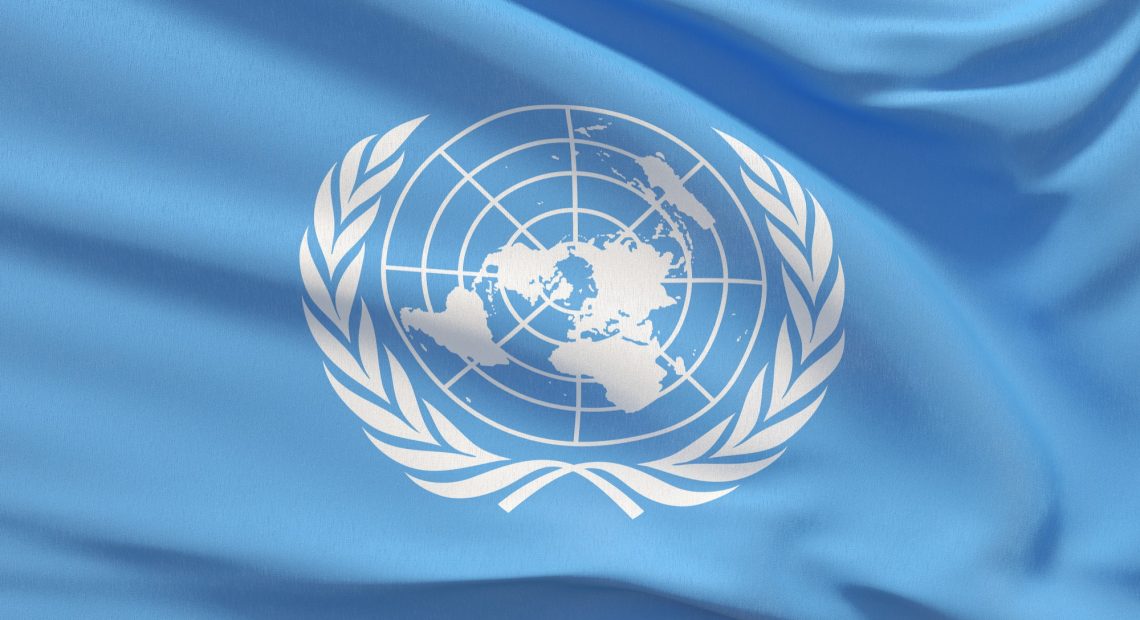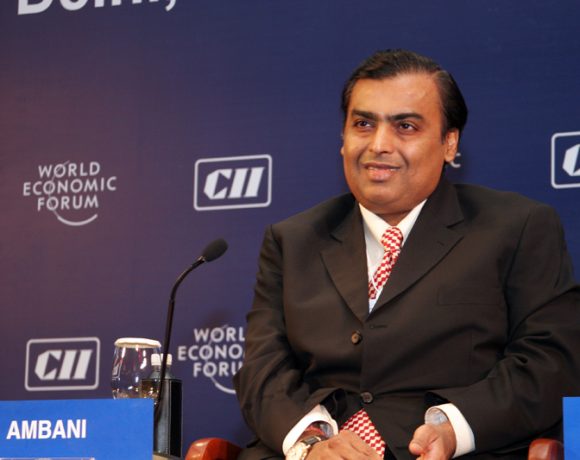
UN to Cut 6,900 Jobs Amid $740M Budget Shortfall
The United Nations is set to lay off approximately 6,900 employees starting January 2026, marking one of the most significant workforce reductions in its history. The downsizing is part of a broader plan to slash the global body’s $3.7 billion operational budget by 20%, equivalent to around $740 million.
The move is a direct response to an acute financial crisis, driven by delayed and defaulted payments from several key member states. According to internal communications, UN departments have been instructed to prepare detailed downsizing and cost-reduction strategies by June 13, 2025. These plans fall under the organization’s sweeping “UN80” reform framework, launched to reshape its administrative and operational structure ahead of its 80th anniversary.
Funding Crisis From Key Member States
A major contributor to the financial shortfall is the unpaid dues from the United States, which typically covers nearly a quarter of the UN’s annual budget. The U.S. currently owes approximately $1.5 billion, and China has also been flagged for recurring delayed contributions. These funding gaps have pushed the UN to the brink, threatening its ability to function at current capacity.
UN Controller Chandramouli Ramanathan has warned that if budget adjustments are not implemented immediately, the organization will face disruptions in core functions. The financial crunch has already affected the timely disbursement of salaries, logistical operations, and essential program funding in conflict zones.
Secretary-General’s Reform Agenda
UN Secretary-General António Guterres has publicly acknowledged the gravity of the crisis and endorsed aggressive structural reforms. The UN80 initiative includes proposals for merging departments, relocating back-office operations to lower-cost countries, trimming bureaucratic layers, and eliminating overlapping mandates.
In a recent address, Guterres said the UN must undergo “uncomfortable and difficult decisions” to preserve its relevance and effectiveness. He emphasized that the UN’s survival depends on its ability to modernize, reduce inefficiencies, and adapt to the changing landscape of global governance.
Operational Impact on Global Programs
The cuts are expected to deeply impact critical UN agencies such as UNICEF, the World Food Programme, and the UNHCR. These organizations play a crucial role in humanitarian operations, refugee protection, and food security across dozens of conflict and disaster-hit regions.
With a shrinking workforce and tighter financial controls, these agencies may face reduced delivery capabilities, putting millions of vulnerable lives at risk. The international community, while sympathetic to the UN’s situation, has urged greater transparency and accountability in the reform process.
As the UN enters a make-or-break phase in its history, all eyes are now on how effectively it can execute this restructuring while preserving its mission of peace, development, and human rights.


















